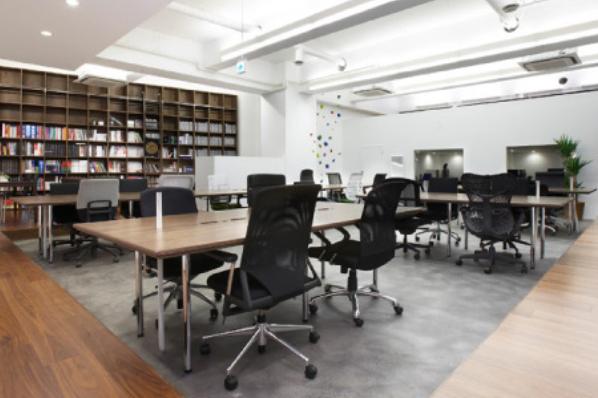The results of a recent survey by CoreNet Global, the leading association for corporate real estate (CRE) professionals, highlights a growing interest from professional corporations in disruptive technologies and co-working spaces. Issued to CoreNet Global members ahead of the 2015 EMEA Summit in London, the results of the survey provides a key insight into the potential future decisions of international occupiers with regard to the real estate market.
Respondents spanned a wide spectrum of industries, from architecture to telecommunications and business consultancy. The most popular industry sector for survey respondents was the financial services (21%) and the two leading trends affecting office space demand in the short-to-medium term were considered to be flexible working environments (64%) and technological innovations (64%).
These results show an interesting correlation, reflecting an increase[1] in co-working spaces in the UK and internationally over recent years. The tech sector – and more specifically the fintech sector – has been particularly active in engaging with these flexible workspaces.
The leading reasons given by survey respondents for using shared or co-working space were the ability to collaborate with others (62.5%) and available space when working remotely or overseas (50%). Collaboration has become a key theme in contemporary corporate real estate, with flexible approaches to working and the potential for the cross-pollination of ideas becoming increasingly common threads in the design of new commercial developments.
Over the past few years, there has been an increased focus on co-working spaces in the UK tech sector, targeting both large-scale firms and SMEs. A strong example of this is Level39, the fintech accelerator space run by Canary Wharf Group at One Canada Square, which has opened two further High Growth Spaces since launching in 2013, providing a dynamic ecosystem with networking, events and mentorship programs.
[1] Canary Wharf Group, 19th January 2015
Source: CoreNet Global















